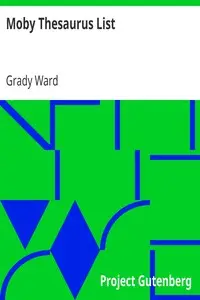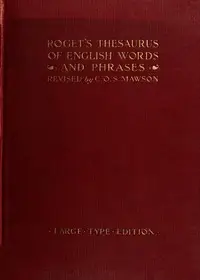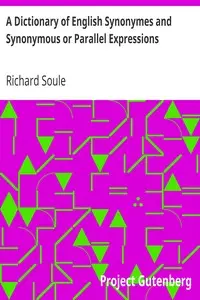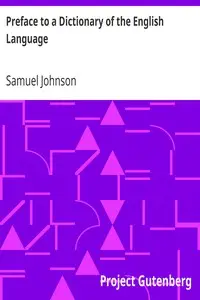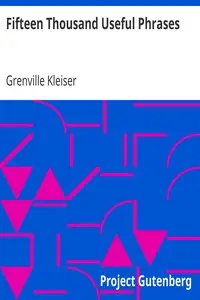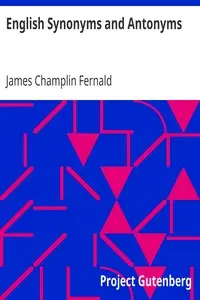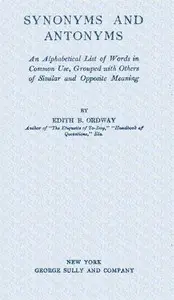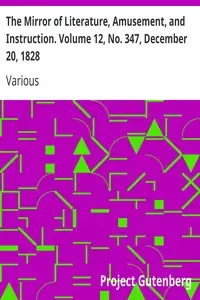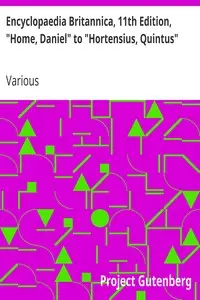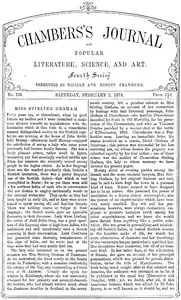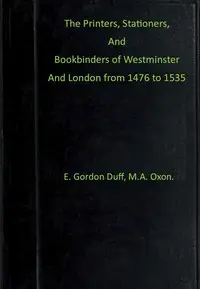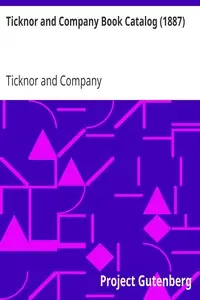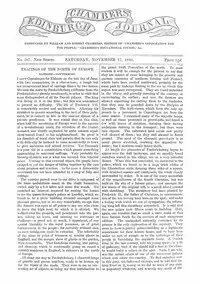"Roget's Thesaurus of English Words and Phrases" by Peter Mark Roget is a helpful guide from the 1800s designed to boost people’s language skills. Created for writers, speakers, and students, the book is like a collection of words that offers synonyms, antonyms, and similar terms. The book’s organization makes it simple to find different ways to express your ideas and become aware of smaller distinctions in language. Its start explains how the guide is structured, with categories that begin with “Words Expressing Abstract Relations” and covering topics such as "being" and "inexistence." Every section has definitions plus related words and phrases, which helps one to understand the many ways of the English language. This introduction sets the stage for the purpose of helping people navigate English expression.
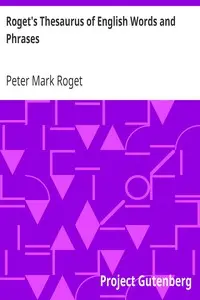
Roget's Thesaurus of English Words and Phrases
By Peter Mark Roget
Discover a wide array of alternate words and phrases in this organized collection, designed to enhance language skills and expression.
Genres
Released
2004-04-01
Formats
epub
epub3 (images)
epub (images)
mobi (images)
mobi
txt
Free Download
Summary
About the AuthorPeter Mark Roget was a British physician, natural theologian, lexicographer, and founding secretary of The Portico Library. He is best known for publishing, in 1852, the Thesaurus of English Words and Phrases, a classified collection of related words (thesaurus). In 1824, he read a paper to the Royal Society about a peculiar optical illusion which is often (falsely) regarded as the origin of the ancient persistence of vision theory that was later commonly, yet incorrectly, used to explain apparent motion in film and animation.
Peter Mark Roget was a British physician, natural theologian, lexicographer, and founding secretary of The Portico Library. He is best known for publishing, in 1852, the Thesaurus of English Words and Phrases, a classified collection of related words (thesaurus). In 1824, he read a paper to the Royal Society about a peculiar optical illusion which is often (falsely) regarded as the origin of the ancient persistence of vision theory that was later commonly, yet incorrectly, used to explain apparent motion in film and animation.
Total Reviews
10.0k
Total reviews from Goodreads may change

